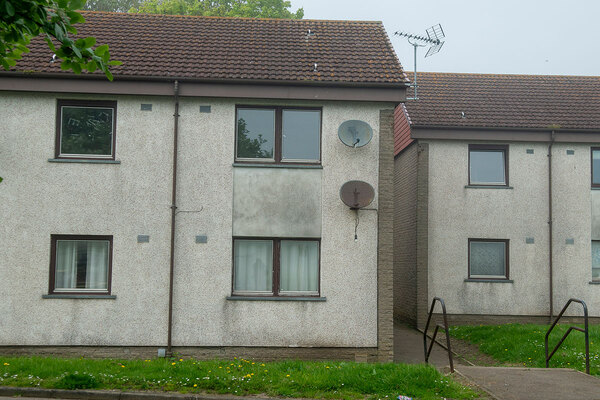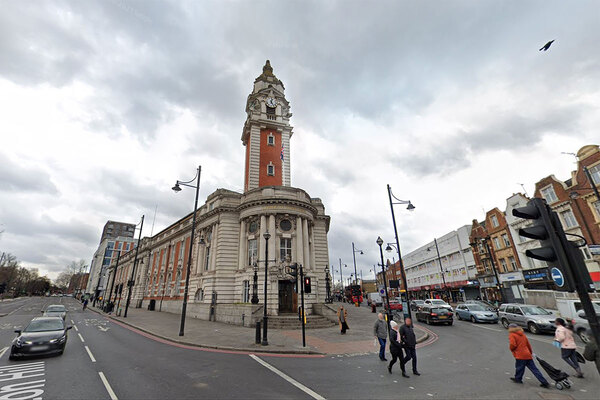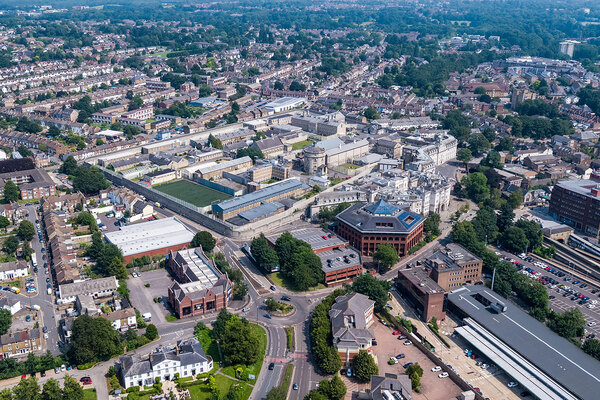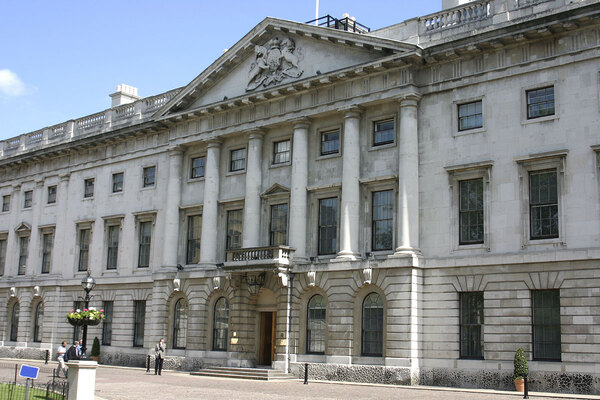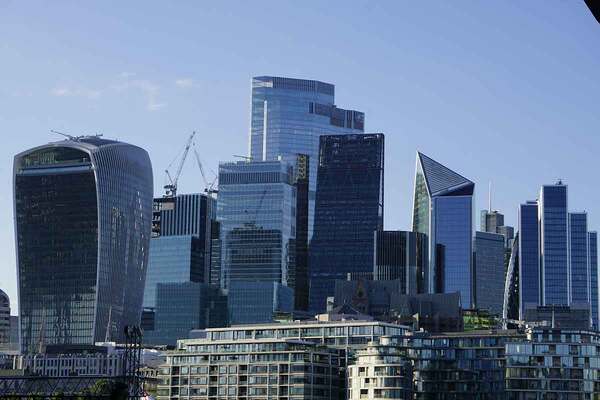You are viewing 1 of your 1 free articles
Scottish Housing Regulator warned of expired electrical reports and lead in water supply
The Scottish Housing Regulator (SHR) has been warned of expired electrical reports and lead in the water supply of some social landlords’ homes.

Councils and housing associations revealed their efforts to ensure tenant safety in statements submitted to the SHR on 26 November.
Out-of-date gas and electrical reports were a predominant theme, as were challenges around accessing tenants’ homes to conduct new tests.
Dundee City Council said that, of tests carried out in 2023-24, 1,222 of its homes had an electrical certificate that was over five years old. “We continue to work with tenants to carry out this work, with legal action undertaken where required,” it added.
Sanctuary Scotland said it had not carried out all due electrical installation condition reports (EICRs) because of “levels of no access”. However, the housing association said it was “over 99% complete” on the reports and had “effective processes in place to prioritise and manage this”.
“We continue to deploy appropriate frontline resources to work with our residents to gain access and ensure full compliance by 31 March 2025,” it added.
Wheatley Group said that approximately 0.1% of its properties were recorded as not having an up-to-date EICR. “In all cases, reasonable attempts to obtain access have been unsuccessful and enforcement action is being pursued to ensure that all properties have a valid EICR by year-end March 2025,” it said.
Kingdom Housing Association said it uncovered 17 gas services in July 2024 which were not completed within the required period. “This will be reported within the [Annual Return on the Charter] 2024-25,” it added.
The City of Edinburgh Council said improving performance with gas servicing compliance was “a high priority” following ICT issues experienced in 2023-24 that “impacted on performance”.
East Lothian Council is testing the water supply in its council houses for lead content and replacing pipes where required.
“We recently established several more newly purchased open-market acquisition properties had been missed,” it said.
A programme was mobilised to address these, and “we are all but complete”, but there remained 61 properties where the council had been unable to gain access.
“Following some very recent advice from our legal colleagues, we are in the process of re-engaging with tenants before issuing formal 24-hour notice letters advising we intend to force entry to complete the sampling/tests,” it added.
Councils said they were still struggling to meet their statutory duties around homelessness, with many unable to provide temporary accommodation when required or comply with rapid rehousing rules.
Edinburgh said an average of 27% of households were kept in temporary accommodation that breached the Unsuitable Accommodation Order and the council did not offer temporary accommodation to homeless people in all cases when it had a statutory duty to do so.
“Regular updates on the actions to prevent homelessness and improve homelessness services, including the mix of suitable temporary accommodation as set out in the council’s rapid rehousing transition plan, will continue being provided to the SHR,” it said.
East Lothian said demand for temporary accommodation from predominately single homeless households “continues to outstrip supply” and this pressure “necessitates the need to source additional accommodation” which will often breach the order.
In 2023-24, 810 new homeless cases had been opened and 149 breaches of the Unsuitable Accommodation Order were reported by the council.
Dundee breached the Unsuitable Accommodation Order on 227 occasions during 2023-24, in relation to the length of stay in bed-and-breakfast accommodation as a result of the pressure on temporary accommodation, up from 47 in 2022-23.
The presence of RAAC (reinforced autoclaved aerated concrete) in social homes was also discussed in the landlords’ statements. Last month, the SHR said a total of 16 Scottish landlords had identified RAAC in some of their homes, with a total of 2,445 homes affected.
Sanctuary Scotland identified 102 properties affected by RAAC and it said remediation had been completed in 100. Residents in the remaining two have been offered alternative permanent accommodation and options appraisals were being carried out on the properties.
Link Group said it had identified 25 properties affected by RAAC and developed “a risk management and mitigation plan which is being implemented”.
Dundee said all of its properties had been surveyed for the presence of RAAC and five pilot remedial projects were “about to commence”.
The regulator requires all social landlords to submit a statement each year to confirm that they meet regulatory standards and requirements, or to set out how they will address any areas of non-compliance.
This year, the regulator also asked landlords to provide specific assurance in their statements about their compliance with their obligations in relation to tenant and resident safety.
The SHR will assess the statements as part of its annual risk assessment, which will take account of the “challenging context” for landlords. It will publish the outcomes from the risk assessment in updated engagement plans for each landlord by the end of March 2025. This will include any changes to the regulatory status for registered social landlords.
Michael Cameron, chief executive of the SHR, said: “Social landlords continue to operate in the most challenging context we’ve seen. Landlords face significant pressures, including from cost increases, the cost of living crisis and considerable uncertainty, for example about the future costs of decarbonising their homes.
“The Scottish government declared a housing emergency in May 2024 and in their statements this year many local authority landlords again told us about the difficulties they face meeting their statutory duties in relation to homelessness, including the requirement to provide temporary accommodation and breaches of the Unsuitable Accommodation Order.”
Sign up for our Scotland newsletter
Already have an account? Click here to manage your newsletters
